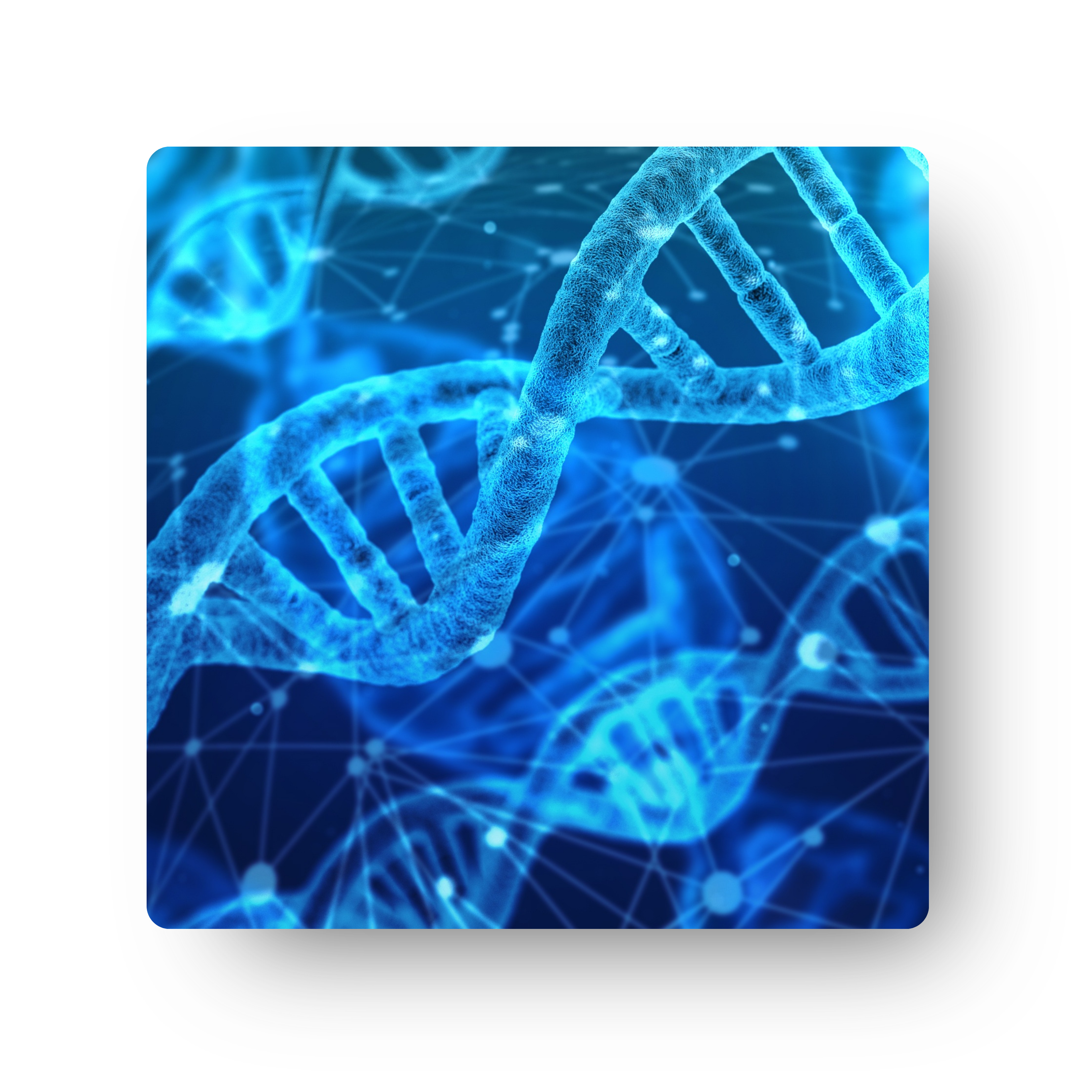NAD+ IV Drips Therapy at Home
Couldn't load pickup availability
NAD+ (Nicotinamide Adenine Dinucleotide) is a molecule that plays a crucial role in various cellular processes, and its role in protecting chromosomes, preventing cancer, and potentially extending longevity has garnered significant scientific interest. Here's how NAD+ is linked to these important aspects of health:
Chromosome Protection:
-
DNA Repair: NAD+ is a critical cofactor for enzymes involved in DNA repair processes. DNA damage can occur due to various factors like radiation, toxins, and oxidative stress. NAD+ helps facilitate DNA repair by supporting the activity of enzymes like PARP (Poly ADP-Ribose Polymerase), which are essential for fixing DNA strand breaks and maintaining chromosomal integrity.
-
Telomere Maintenance: Telomeres are protective caps at the ends of chromosomes that shorten as cells divide. Shortened telomeres are associated with cellular aging and increased susceptibility to DNA damage. NAD+ plays a role in maintaining telomere length by influencing the activity of sirtuins, a class of proteins involved in cellular longevity and stress response.
Cancer Prevention:
-
Sirtuins and Tumor Suppression: Sirtuins, a family of NAD+-dependent enzymes, are involved in regulating cellular processes related to aging, metabolism, and stress response. Some sirtuins have been linked to tumor suppression by promoting DNA repair, inhibiting inflammation, and regulating cell cycle progression. NAD+ availability is essential for the optimal function of sirtuins, which contribute to maintaining cellular health and potentially reducing the risk of cancer development.
-
Metabolic Regulation: NAD+ is also involved in regulating cellular metabolism and energy production. Dysregulated metabolism is a hallmark of many cancers. By promoting healthy metabolism and mitochondrial function, NAD+ may indirectly contribute to an environment less conducive to cancer development.
Longevity Extension:
-
Mitochondrial Health: NAD+ is a key player in mitochondrial function, which is crucial for energy production and cellular health. Declining NAD+ levels have been associated with aging-related mitochondrial dysfunction. By maintaining mitochondrial health, NAD+ supplementation or activation can potentially support longevity.
-
Sirtuin Activation: Sirtuins, as mentioned earlier, play a role in cellular longevity and stress response. NAD+ is an essential cofactor for sirtuin activity. By maintaining optimal NAD+ levels, it's theorized that sirtuins can better regulate cellular processes associated with aging, thus potentially extending lifespan.



